Service Design for Eco Hotel
Client
Hotel Playa Koralia
Industry
Hospitality

From Tacit to Tangible: Capturing and Activating Hotel Koralia's Know-How
This case study explores the development of a participatory knowledge management strategy for Hotel Playa Koralia. The project aimed to capture and preserve organizational know-how, empower employees, and align operations with the hotel’s eco-friendly philosophy. Throughout the process, I collaborated closely with the hotel’s leadership and staff to create a sustainable system for documenting and leveraging institutional knowledge.
Project Timeline
June - December 2012
My Role
Service Designer
- Skills / Methods
- Design Research
- Business Administration Strategy
- Customer Experience
- Prototype, Test and Implementation
- Participatory Design
✏️ Design Process
Discovery
I wanted to observe the current practices and workflows, focusing on the challenges and pain points from the clients and business perspectives. These were the methods I applied:
Staff and Backstage
- Mystery Shopper to experience the service and observe the front-stage of the service.
- Shadowing and contextual interviews with key staff inside the hotel to understand the backstage.
- Draw the experience that helped to understand deeply what the Hotel meant to the employees.
Guests and Frontstage
- Mystery Shopper to experience the service and observe the front-stage of the service.
- Fly on the wall to observe guests discreetly.
- Guest Interviews.
- Guest book and feedback on different 3rd party websites.
Benchmark and Secondary Research
- Mapped other hotels in the area by size, type of service and looked into feedback posted on the internet.
- Research about the context and history of the area where the hotel is located.
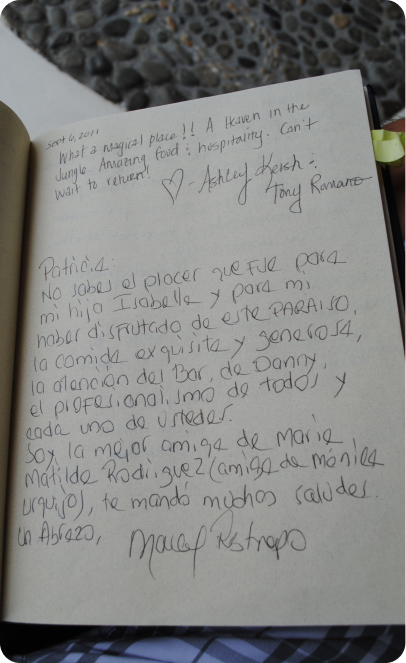

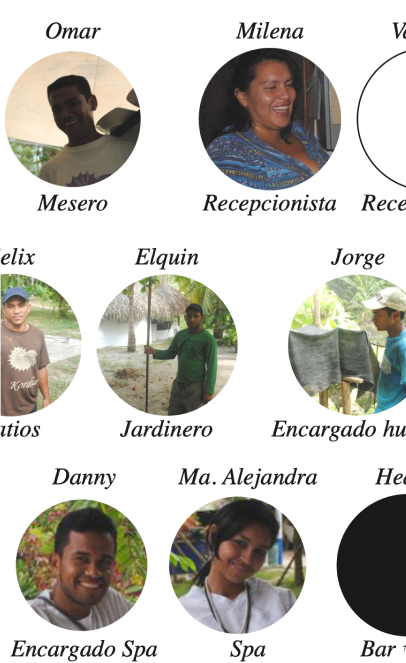
Analyze to reframe
After having experienced the service for a couple of weeks, interviewed clients and the employees, I created the actual service blueprint, mapped the the different workflows and summarized the pain points, identifying key issues to reframe them into actionable opportunities.
Key Pain Points Backstage
- Lack of formalized processes and job descriptions affects performance and employee engagement.
- Missing mechanisms for capturing and utilizing guest feedback in real-time.
- High employee turnover increases the risk of losing know-how.
Key Insights Backstage
- Work is seen as an optional burden rather than a way to grow as a person.
- The origin of almost all the problems observed in the service is the lack of information flow and know-how.
Actionable Items
- Collect the know-how by documenting processes.
- The know-how is the fuel to make better decisions and solve problems or even eliminating the possibility of issues.
- Co-creation of standards to measure and improve the service.
How are we going to do these actionable items?
First, we needed to understand why the job was perceived as an optional burden. In coastal areas, it’s relatively easy to fish and grow crops to sustain a family. The need for money arises primarily for essentials like medicine or extra services as television. Many individuals can work for a few months, save some money, and then quit.According to Maslow's hierarchy of needs, their primary motivation is rooted in physiological needs, which are the most basic level. Higher levels of motivation, such as love and belonging, esteem, and self-actualization, remain unaddressed. This lead to the key question:
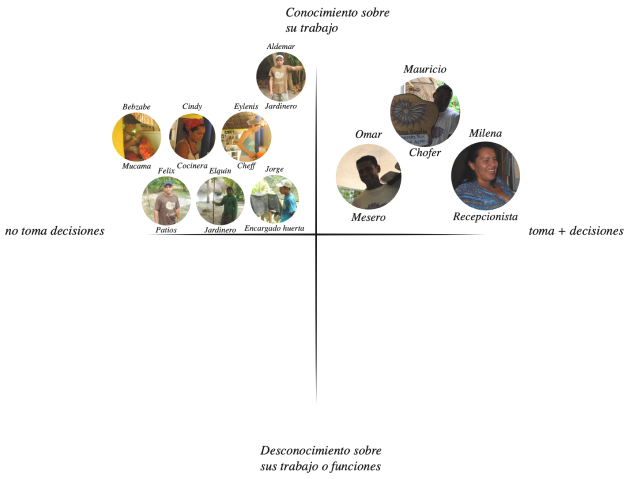

Prototype, test and Iterate
Strategies tested
- Rotational Job Experience: Allow employees to rotate through roles to understand the system holistically while documenting tasks collaboratively.
- Participatory Manual Creation: Involve employees in documenting job roles and tasks, fostering ownership and reducing resistance.
- Guest Feedback Mechanism: Develop tools for real-time feedback collection and resolution.
Testing Outcomes
- Employees responded positively to being part of the documentation process, feeling heard and realizing they are important in the hotel increasing their esteem.
- Clear benefits identified from role rotation, including cross-training and enhanced teamwork, increasing the sense of belonging.
- Guests appreciated being asked for feedback proactively, improving satisfaction.
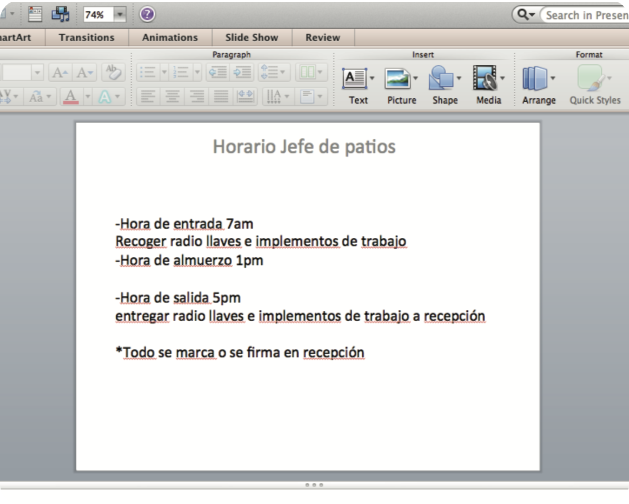
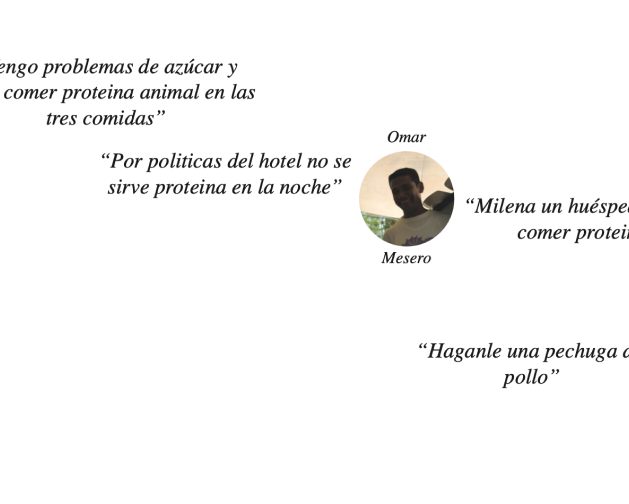
Implementation
New processes roll-out initiated in the Kitchen and concluded with the Management team. This showcased the progress achieved and the positive impact of staff empowerment on service quality.
- Introduce structured feedback loops via weekly team meetings.
- Finalize and implement the participatory manual containing formalized job roles and responsibilities.
- Develop a scalable model for knowledge retention using a digital repository.
💎 Project Milestones
- Research:
Employing participatory design allowed collaboration with employees from diverse backgrounds, yielding valuable and actionable insights. - Co-Created Manual:
The process helped employees recognize the depth of their knowledge, the skills they’ve acquired, and their contributions to the hotel’s success. - Outcome Evaluation:
Established metrics to measure employee engagement, operational efficiency, and guest satisfaction effectively. - Turnover reduction:
When I first did the study, employees would not stay longer than 3 years with the hotel. However, on a visit in 2021, I was able to confirm that four key employees from that time continued to work there, showing a change in paradigm.